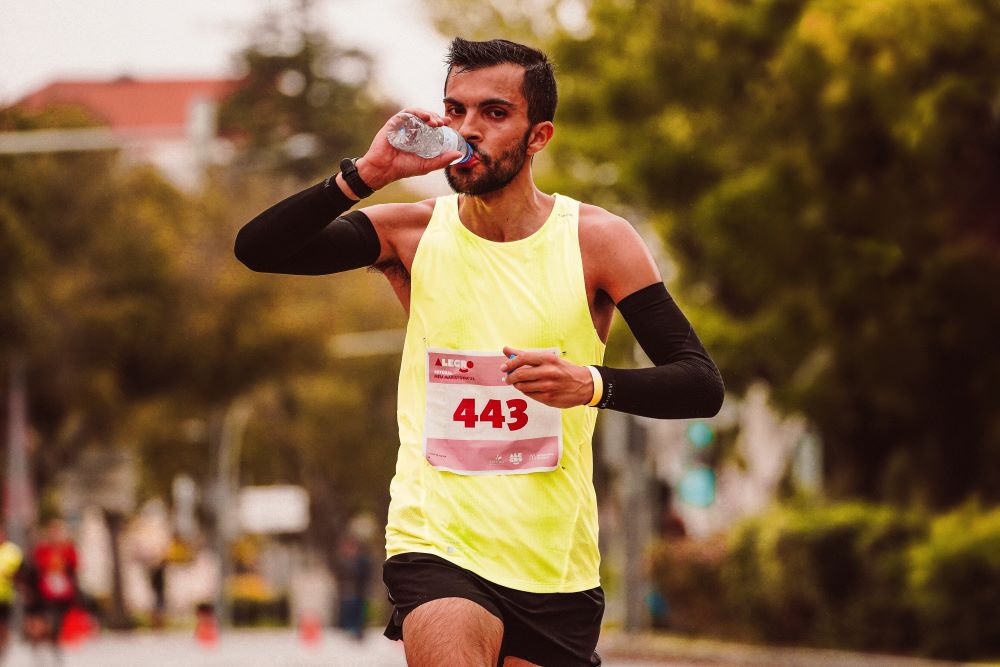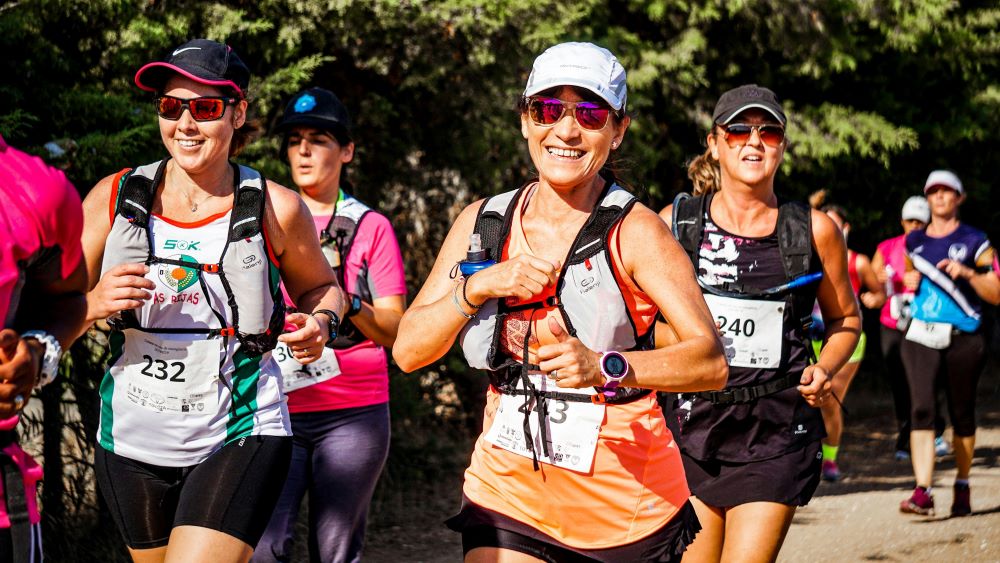Embarking on a marathon journey requires more than just physical endurance; it demands a meticulous approach to nutrition and hydration. As you prepare to conquer 26.2 miles of pavement, equipping yourself with the right fueling plan can mean the difference between hitting the wall and crossing the finish line with strength and satisfaction. Here’s how to master your marathon nutrition for optimal performance.
Understanding Your Fuel Needs
Carbohydrates reign supreme as your body’s primary energy source during endurance exercise. Stored as glycogen in your muscles and liver, carbohydrates fuel your every stride. Renowned sports dietitian Renee McGregor advises a gradual intake of 30-60 grams of carbohydrates per hour for the initial three hours of your marathon, scaling to 60-90 grams per hour afterward.
Whether you opt for energy gels, bars, or natural sources like bananas, it’s crucial to maintain a steady influx of carbohydrates throughout the race. Consult product labels to gauge carbohydrate content and tailor your intake to meet your hourly targets accurately.
Timing Is Everything
Initiate your nutrition regimen within the first 30 minutes of your run, then refuel every 30-40 minutes thereafter to sustain energy levels. Amidst the excitement of race day, setting reminders on your running watch or devising mental cues can help you stay disciplined with your fueling schedule.
When consuming energy gels, adopt a methodical approach, spreading your intake over several minutes for optimal absorption. This strategic pacing ensures a steady supply of energy without overwhelming your system.
Hydration: Striking the Balance
Maintaining proper hydration is paramount for marathon success. Dehydration can sabotage performance, leading to fatigue and discomfort. To stave off these setbacks, prioritize consistent fluid intake throughout the race, adjusting based on thirst and environmental conditions.
 Individual hydration needs vary, so listen to your body’s cues and sip water regularly. Begin hydrating well before the race, aiming for clear urine as a sign of adequate fluid replenishment.
Individual hydration needs vary, so listen to your body’s cues and sip water regularly. Begin hydrating well before the race, aiming for clear urine as a sign of adequate fluid replenishment.
Pre-Race Fueling Prep
In the days leading up to the marathon, focus on carb-loading to optimize glycogen stores. Opt for carb-rich snacks and balanced meals that provide sustained energy without taxing your digestive system.
On race morning, opt for easily digestible, high-carb options for breakfast. Experiment with different choices during training to identify what fuels you best, ensuring you feel primed and energized as you approach the starting line.
Electrolytes: The Vital Component
In addition to fluids, replenishing electrolytes is crucial for maintaining performance and staving off muscle cramps. Sodium, in particular, plays a pivotal role in fluid balance and nerve function.
Incorporate electrolyte drinks, tablets, or salt capsules into your race-day regimen to replace lost minerals. Aim for 700-900mg of sodium per hour during longer runs, starting your electrolyte protocol well in advance of race day for optimal preparation.
Conclusion: Finishing Strong
By honing your nutrition and hydration strategy to match your individual needs, you can elevate your marathon performance and ensure a rewarding race day experience. Experiment with different products and timing strategies during training to fine-tune your approach, and remember—preparation and consistency are the cornerstones of marathon success. With a well-crafted plan and unwavering determination, you’ll conquer those 26.2 miles with grace and gusto.




